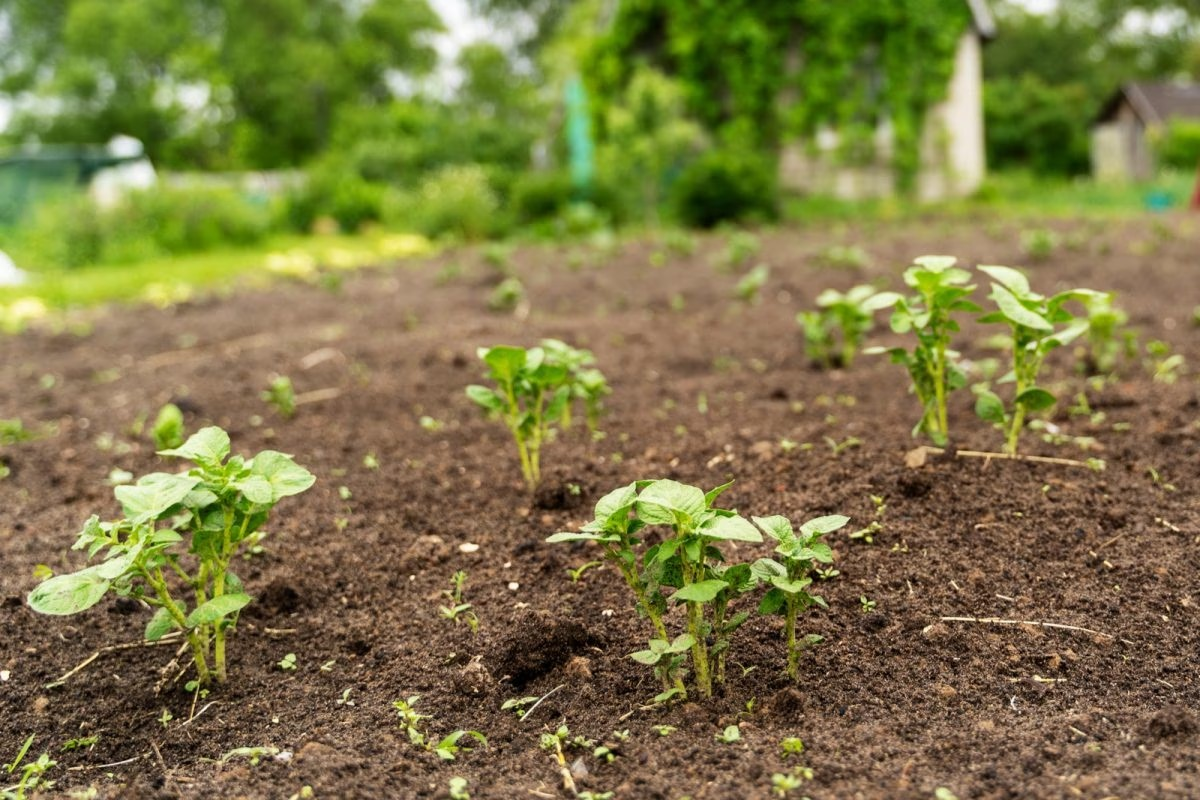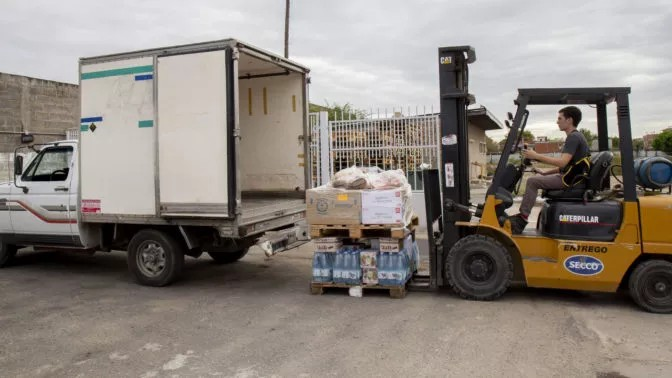Global bodies partner local green techs, advocate shared infrastructure income boost
Over 70 per cent of Nigeria’s rural population are estimated to be farmers, about 70 per cent of its agricultural workforce is constituted by women and 88 per cent of Nigeria’s farmers are smallholders with fewer than two hectares of land, while about 40 per cent of Nigeria’s produce is lost and wasted due to poor storage facilities, transportation challenges and absence of an effective cold chain.
Following the yearly loss, about 25 per cent of smallholder farmers’ yearly income is lost to food deterioration. Worth of produce in monetary value estimated at $39.34 billion is lost and 76.9 million metric tonnes of produce are wasted yearly.
Yet, amid the loss and wastage, Nigeria faces significant risks due to a lack of access to cooling that can protect food, especially fresh and perishable foods.
Besides the negative impact on farmer’s income caused by food loss, farmers suffer income loss by being forced to sell their produce at give-away prices at the wrong time due to lack of access to market information and cold chain facilities as well as harvest at the same time by almost all the farmers.
Climate-friendly cooling technologies are available, but their deployment is limited due to lack of reliable access to energy, high-upfront costs, unavailability of proper maintenance, limited financing options and technical know-how.




Comments